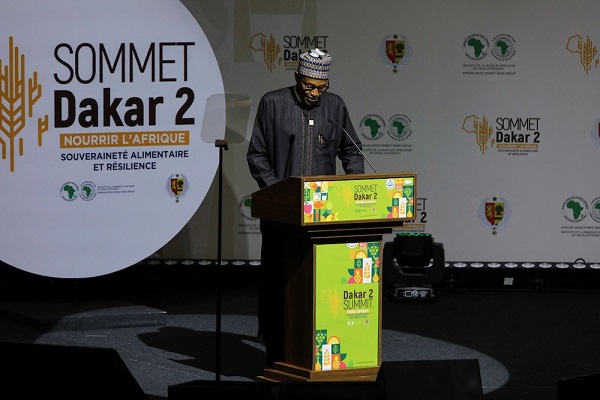The Islamic Development Bank (IsDB) Group, represented by its President, H.E. Dr. Muhammad Al Jasser, has reaffirmed strong support for the development of agriculture in Africa at the “Feed Africa” Summit held in Dakar, Senegal.
The IsDB Group has long recognized the pressing need to address food insecurity and has taken action to re-establish sustainable livelihoods on the continent.
During the panel, Dr. Al Jasser highlighted the various roles that development organizations can play based on their respective mandates. He emphasized that IsDB Group is providing much-needed finance to the agricultural sector.
Reiterating IsDB Group’s commitment to supporting sustainable and inclusive agricultural value chains in Africa through its various interventions and programs, President Al Jasser underlined the importance of strengthening food sovereignty in Africa by strategically deploying necessary financial investments around three development objectives: self-sufficiency, climate change adaptation/mitigation and sustainability, and farmers’ welfare.
“In doing so, we, at IsDB Group, promote import substitution using localization strategies that play an important role in enabling traditional systems across the food value chain from production to processing, storage, and consumption,” he explained.
Elsewhere in his remarks, President Al Jasser elaborated that IsDB Group has also been supporting the development of Africa into a breadbasket for the world by investing in raising agricultural productivity, supporting infrastructure, and enhancing climate-smart agricultural systems, with private sector investments all along the food value chain. He said:
Dr. Jasser also highlighted specific interventions by the IsDB Group such as the Special Agro-processing Zones Project in Nigeria, where the Bank Group has invested US$ 160 million along with the African Development Bank.
This project aims to support the development of special agro-processing zones in high-food production areas and enable smallholder farmers and community-based service providers, including women and youth, to take advantage of the market demand created by these zones to sustainably enhance their incomes and food security.
Also Read
McKinsey Co-Founds Effort To Transform Agriculture And Food Systems In Africa
Belarus To Ship Over 3,500 Tractors To Zimbabwe
